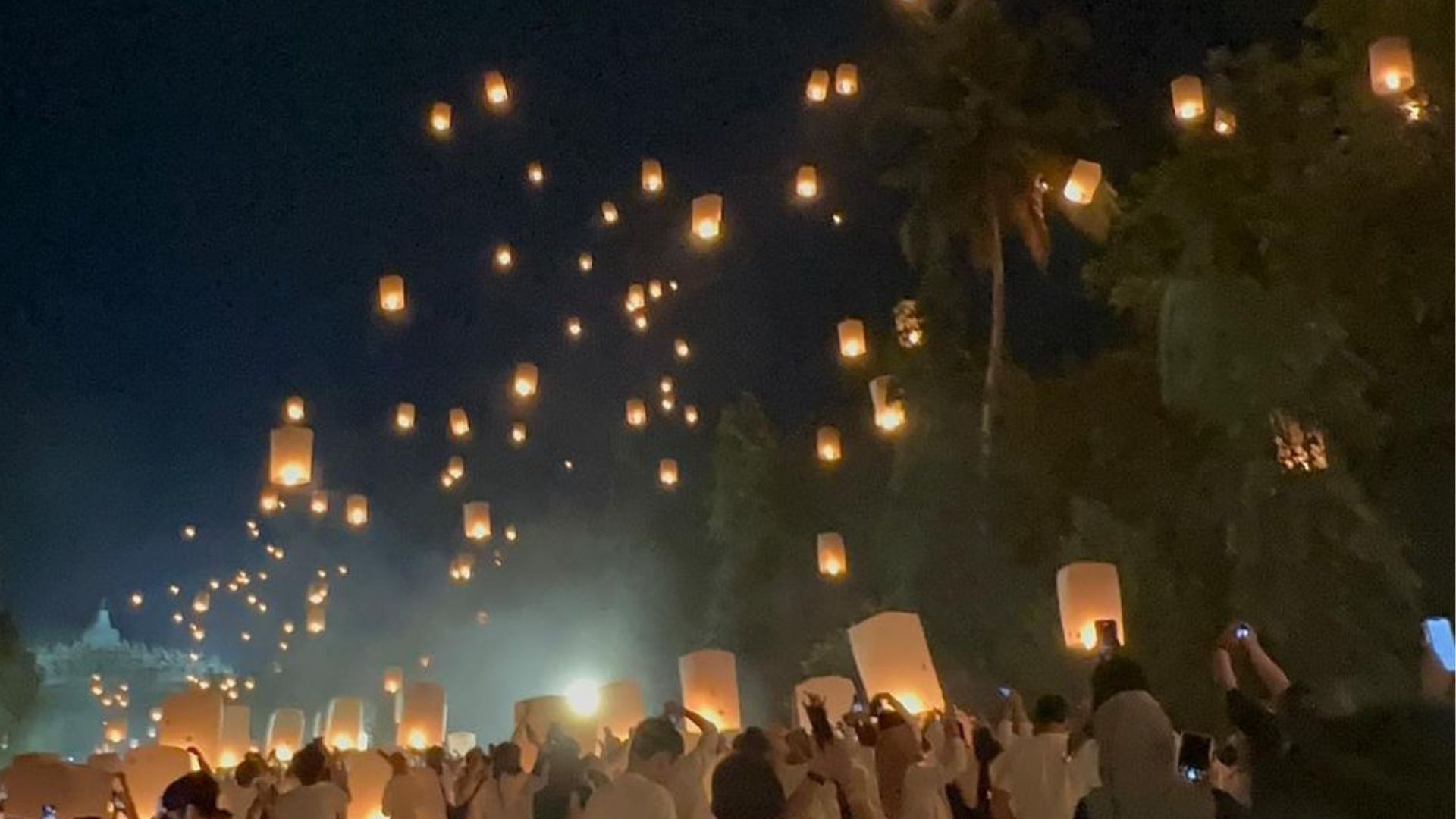Indonesia, known as the largest economy in Southeast Asia with more than 300 ethnic groups in an archipelago nation, has achieved notable economic growth since bouncing back from the Asian financial crisis of the late 1990s.
But, have you ever wondered about the incredible cultural festivals in Indonesia? World full of lively traditions and colorful celebrations that display the rich heritage and diverse spirit of this vibrant nation.
Each festival offers a unique glimpse into Indonesia’s cultural heart, blending ancient traditions with modern festivities. From the rhythmic beats of traditional music to creative parades and ceremonies, each festival showcases Indonesia’s diverse cultural landscape.
Join us as we explore these extraordinary festival events that capture the true spirit of Indonesian culture.
Pasola Festival Sumba

Located in Nusa Tenggara, Indonesia, to the south of Flores and Komodo, lies the amazing island of Sumba. The Pasola Festival is highlighted by its opening ceremony, which seems like it was taken from a J.R.R. Tolkien novel. Rato, or traditional spiritual leaders, search in the west sand at dawn for multicolored Nyale, or sea worms.
Head hunting, horses, sandalwood, and slaves were all common in Sumba’s history. During Pasola, the Sumbanese engage in violent battles, swinging blunted wooden spears at one another. This unique style of fighting is performed by teams of bareback-riding warriors, preceded by prayers, incantations, and the offering of chickens.
The Pasola ritual is a fascinating display of skill and danger, where participants engage in ritualistic battles by catching and hurling spears. Despite efforts by referees and police to maintain order and prevent casualties, serious injuries and even fatalities sometimes occur, emphasizing the risks involved. The shedding of blood during these clashes is believed to bring about a bountiful harvest, adding cultural significance to the intense competition. The Pasola ritual deeply values cultural traditions through its preservation of ancient practices and beliefs, where participants honor their heritage by engaging in ritual battles.
Waisak Festival: A Celebration of Buddha’s Life and Teachings

In Indonesia, at Borobudur, the annual Waisak Festival brings together people of all beliefs to honor Buddha’s birth, enlightenment, and passing. Borobudur, the world’s largest Buddhist monument, serves as a temple just once a year for this special occasion, a tradition restored in 1983 by President Suharto.
The festival begins with a gamelan orchestra playing as thousands, dressed in yellow and orange flowers, walk a 5-kilometer path to Borobudur under the hot sun. Along the way, they share water, conversations, and sweets, creating a sense of community among the crowd of over 15,000.
At Borobudur, voices join in chanting mantras, filling the air with prayers for peace and enlightenment. Then, in a moment of silence, everyone meditates, reflecting on their spiritual journey.
Waisak is more than a festival; it’s a celebration of cultural heritage, spiritual growth, and unity among diverse communities. It shows Indonesia’s dedication to honoring ancient traditions while embracing diversity in today’s world. Borobudur becomes not just a monument but a place where people gather to seek inner peace and wisdom.
This moment is really special for them. It is believed that Borobudur’s energy flows into the ground and rises up again with prayers. When you see the yellow moon rise behind the temple, you feel everything coming together perfectly.
Sriwijaya Festival In Palembang Sumatra

During ancient times, Palembang was a culturally glorious capital of the Sriwijaya kingdom with 10,000 monks. Today, Palembang is like the Venice of the East, with many oil businesses on the outskirts contributing to its dynamic growth and development.
Every year, Palembang hosts a week-long festival that brings in visitors from Java, Malaysia, and Singapore. They come for traditional dances, modern shows, art displays, boat parades, storytelling, live music, and even weaving and fishing contests.
This festival stands as a testament to Sumatra’s rich cultural heritage. It offers visitors a unique opportunity to immerse themselves in the diverse traditions and customs of the region, all in a vibrant and accessible urban setting. This celebration not only showcases the cultural richness of Palembang but also serves as a bridge that connects people from different parts of the world, fostering understanding and appreciation of Indonesia’s varied cultural landscape. It’s a colorful celebration that’s sure to captivate anyone who visits!
Pangandaran Kite Festival

Pangandaran, despite facing occasional natural challenges, emerges as a place for colorful kite festivals. The careful craftsmanship of these magnificent kites, showcased prominently during competitions that draw participants from Malaysia, China, and Singapore, highlights its cultural significance and fosters unity among the visitors.
The event features diverse kite categories, ranging from two-dimensional works to awe-inspiring three-dimensional creations that require coordinated teamwork. Particularly captivating is the competitive edge, where kite fighting involves lines specially treated with a blend of ground glass and glue to outwit rival teams.
Aside from the excitement of the kite festival, there is also live music, food and drink stalls, and a peaceful atmosphere that you can experience alongside the beach. Imagine colorful batik motifs, squid-shaped kites, butterflies, and dragons with tails that sparkle up to 300 meters long, swirling and dancing in the skies above. It’s a sight you won’t want to miss.
Indonesia’s festivals highlight the nation’s lively culture and diverse traditions. Each event, from ancient ceremonies to modern celebrations, offers a peek into the unique traditions, music, and communal joy that make up this vibrant country. These festivals are more than just gatherings—they are a fun and colorful way to experience Indonesia’s rich heritage and lively spirit.







